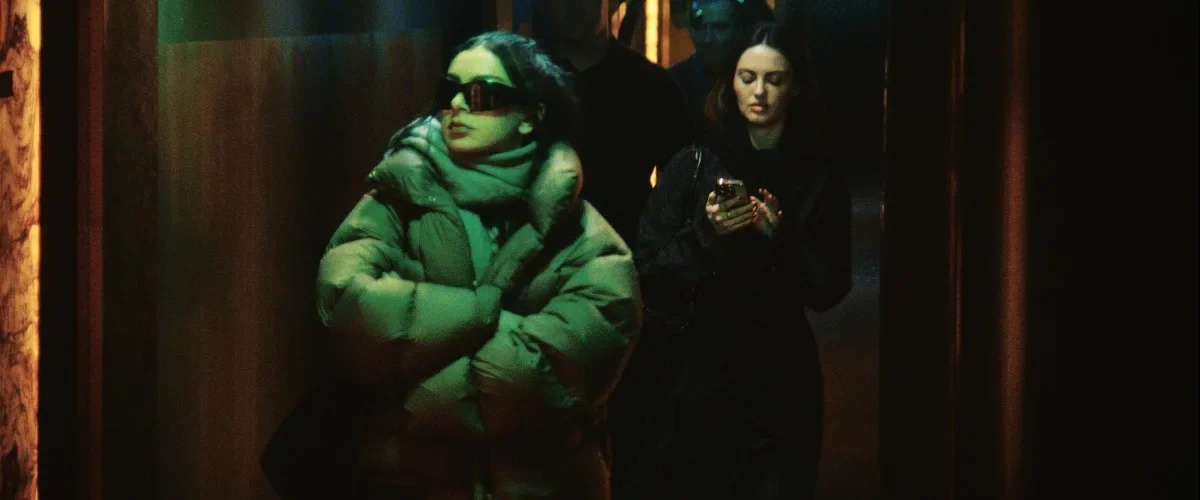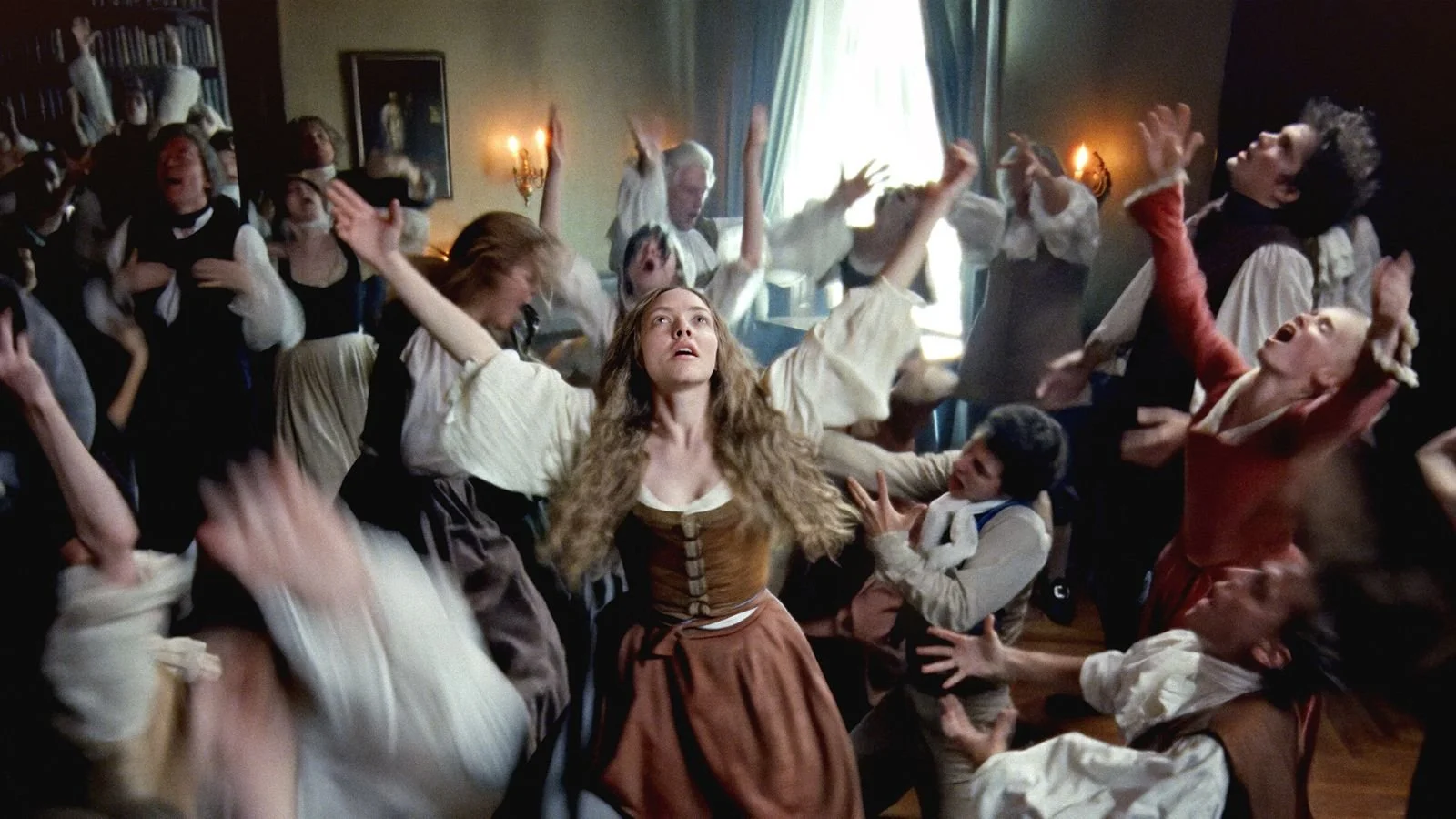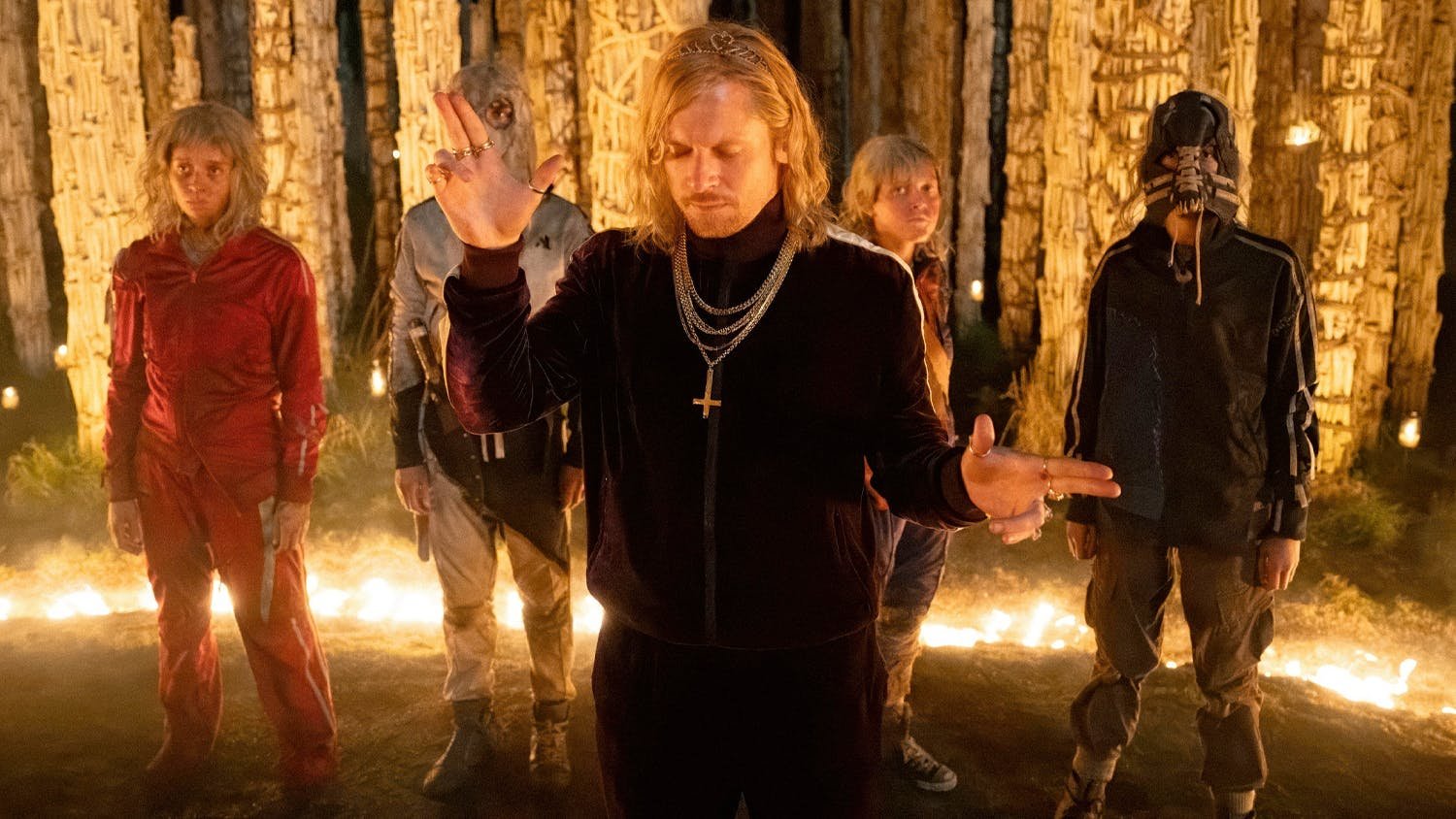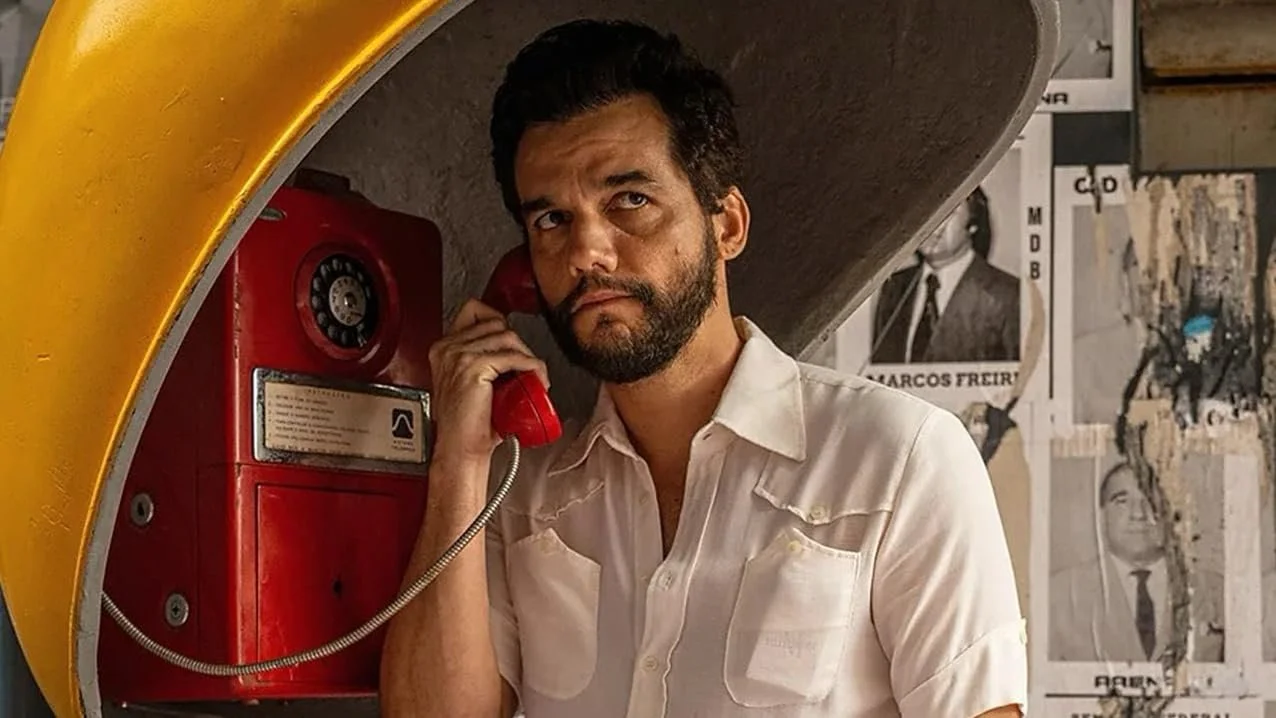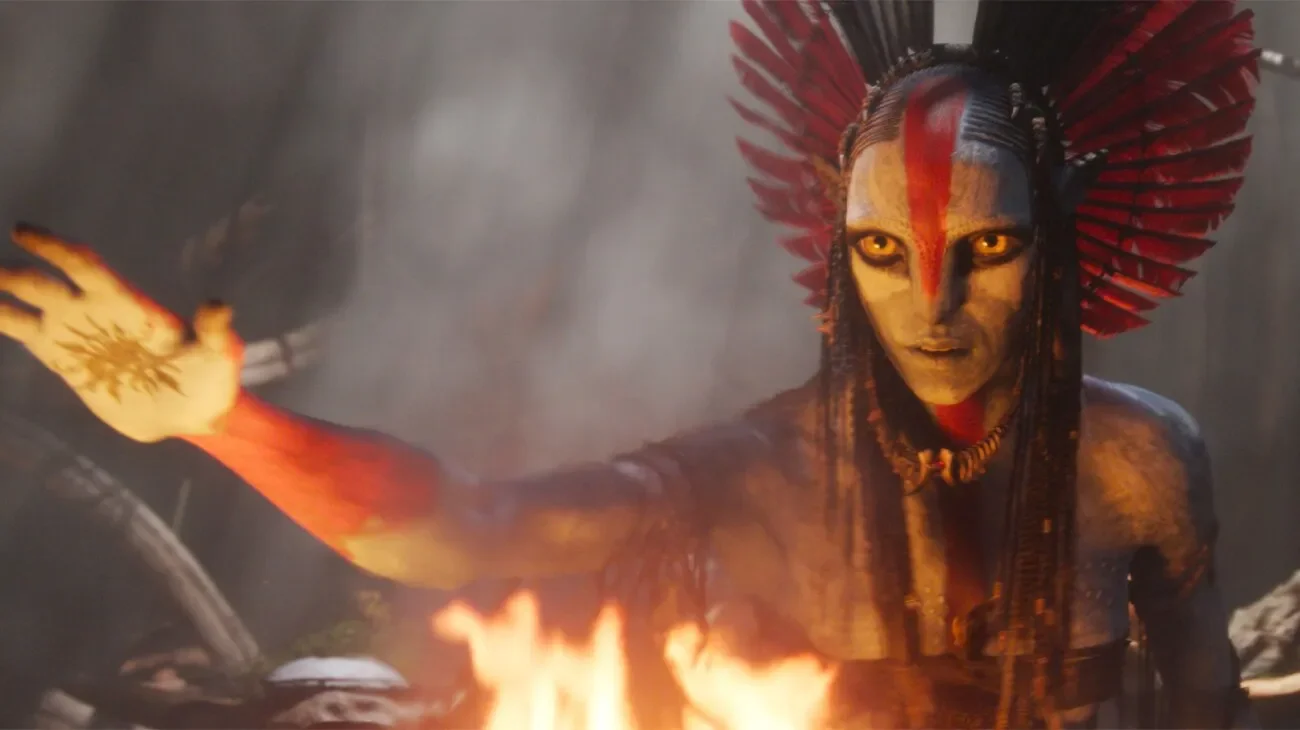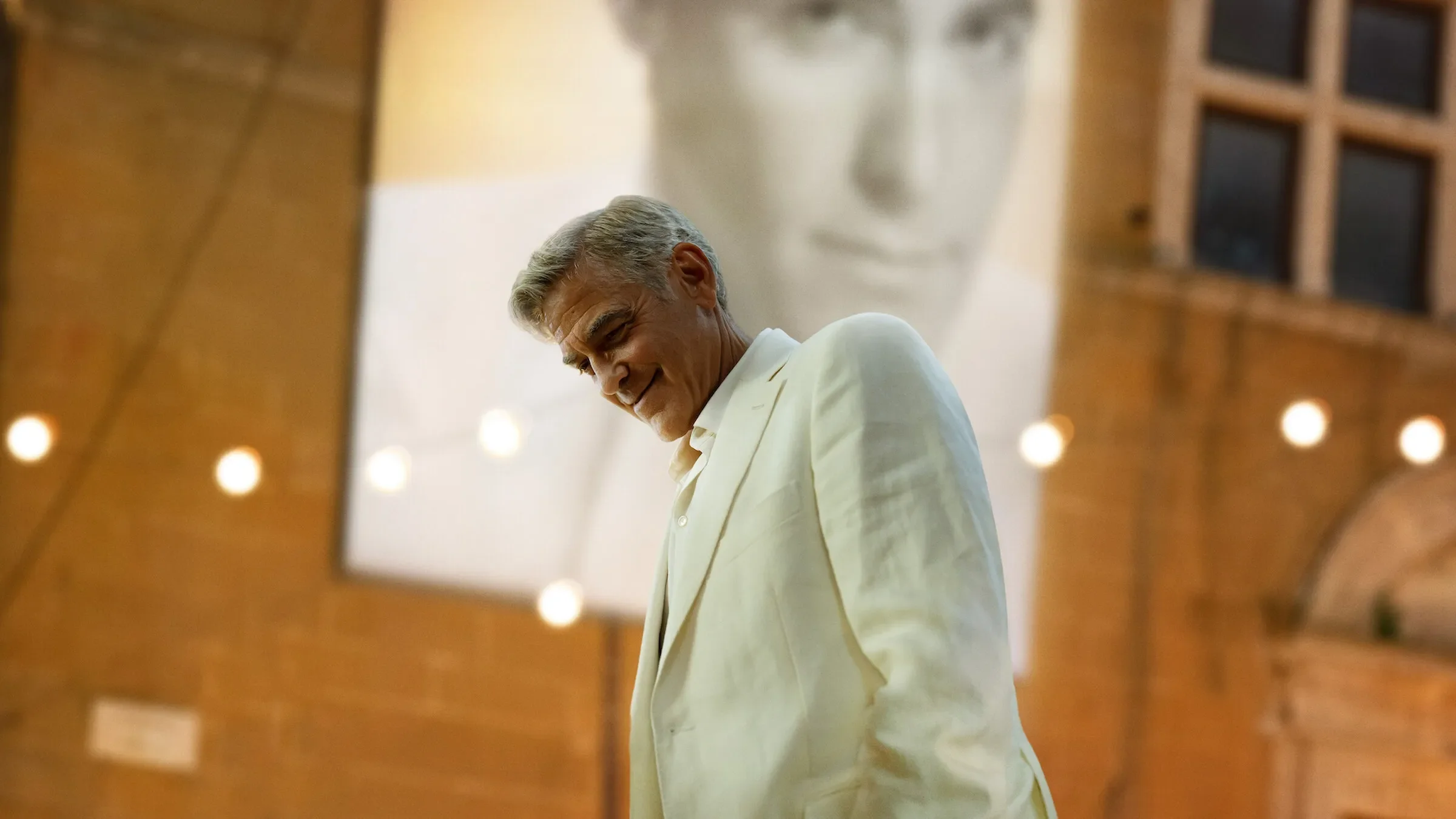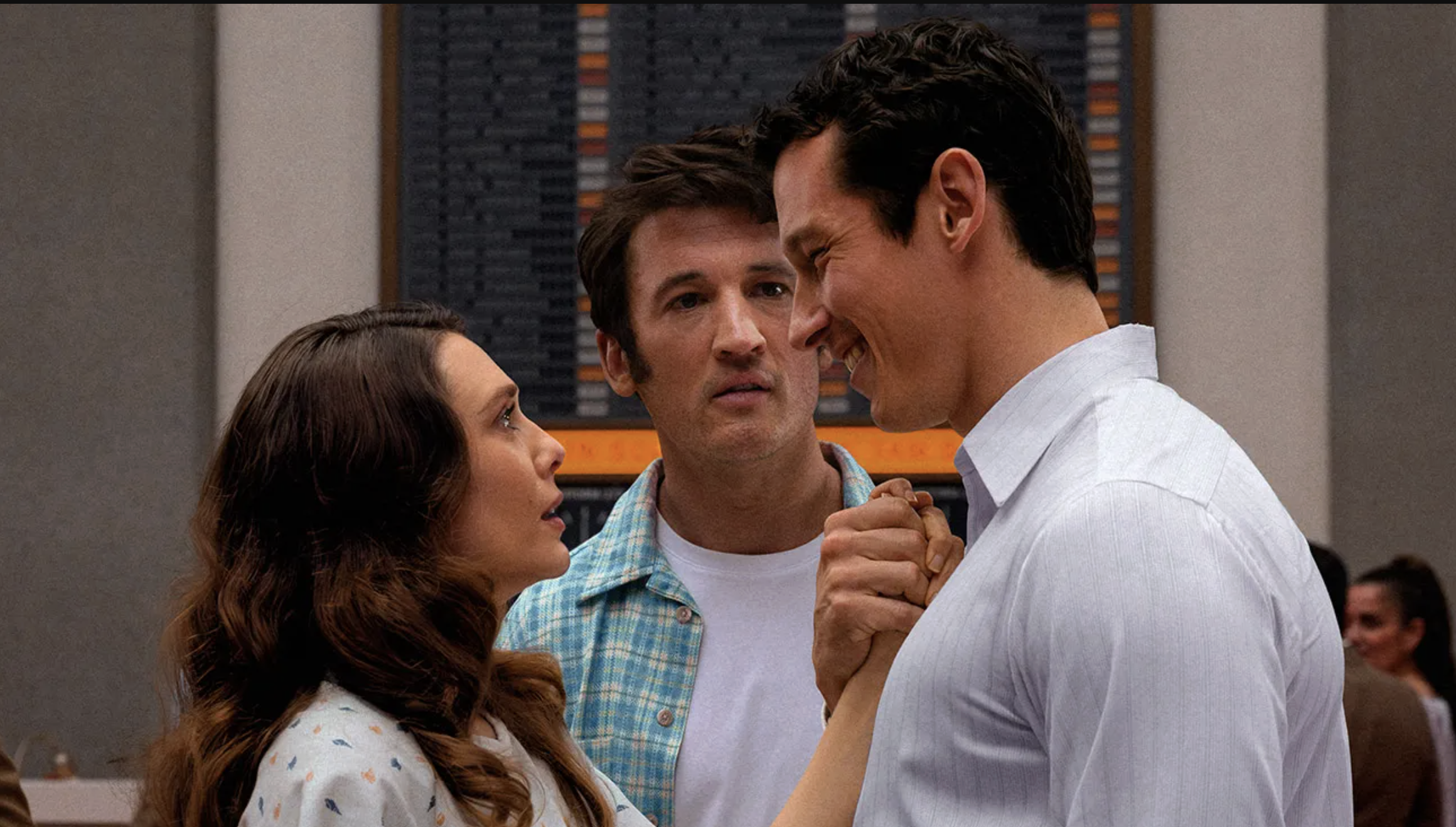THE MOMENT
Directing: B
Acting: B+
Writing: B-
Cinematography: B-
Editing: B
Listen, I’m nearly 50 years old now. Anyone who has been reading the movie reviews the more than 21 years I have been posting regularly would be for the most part as old or older. It should come as no surprise that I barely even know who Charli XCX is—even though she’s been actively making pop music for 13 years. As in, since she was 20 and since I was 36. I was well plugged out of the pop music zeitgeist by then, unless you count Kesha I suppose. And it was a year after Kesha released her second album that I even started paying attention to her.
Okay, what’s my point, then? The Moment follows a long tradition of pop stars using their music career as a launch pad into the movie business. Until last year, she only had a couple of parts and a couple animation voice acting gigs. The key difference with The Moment and any pop singer movie vehicle in the past is that here, Charli XCX not only plays herself, but in a documentary style. Anyone not in the know might actually only gradually realize it’s not actually real. This is something it very much has in common with its direct cinematic ancestor, This Is Spinal Tap, which was released eight years before Charli XCX was even born. That movie was hysterically funny, particularly in its time—when it had its own moment. The Moment has moments that are well-observed and very funny. But, I could hardly go so far as to call it hysterical.
As such, for me The Moment was kind of a mixed bag. I wonder if it plays any differently to her fans, who know all of her music and whatever her real story is? It’s clearly very much a product of its time, and casually reflects how pop stars make their money performing and not from music sales—something that has been the case for basically Chari XCX’s entire career. This makes all the people in her orbit approach her, and their own careers in relation to her, differently than they might have ten or twenty or forty years ago. What The Moment illustrates very effectively and vividly is that the industry remains as ridiculous as it ever was.
It’s a fascinating exercise to watch a pop star play herself in such a straight way. She’s not really satirizing herself, and plays most of the scenes straight. It’s everyone and everything around her that is heightened, and exaggerated—or is it? You get the feeling that most of this stuff is inspired by things she has actually witnessed in the wild. I would believe it. Charli XCX spends most of the movie either responding to everyone around her with a varying mix of frustration, exasperation, and befuddlement.
To get very specific, The Moment focuses on—and is literally a reference to—the whole “Brat Summer” phenomenon of 2024. (I barely knew what it was while it was happening.) This film is an alternate reality in which a documentary crew follows Charli XCX as she prepares for the tour in support of the Brat album. In this fictionalized world, her label (Atlantic Records, which is her actual label and gets name checked multiple times in the film) and other industry people are desperate to keep “Brat Summer” going as long as possible, if not forever. They bring in a douchey concert film director (Alexander Skarsgård—hey, at least he’s my age! which is astounding considering how hot he is) who ultimately takes over and strips the concert’s artistic vision of any of its soul, alienating the people who were helping her stay true to herself in the process.
I do have a particular nitpick about this, and that is director and co-writer Aidan Zamiri’s apparent inability to fully commit to the bit. There are passing references to the camera crew following Charli around, but there are countless scenes in which no documentary camera crew would ever actually have access or be privy to the conversations we see. This is a key difference from any of the Christopher Guest mockumentary films, which quite earnestly stay true to the “documentary” gimmick. It’s an inconsistency of style that I found distracting.
What I did find fairly impressive was the acting. The Moment is a film full of people onscreen who understood the assignment, and that includes Charli XCX—who, by the way, is credited as having the “original idea”—more than any of them. Charli has a choice to make by the end of the film regarding her artistic integrity, and there is a pretty clear difference between the fictionalized version of Charli and the real-world version of her.
When The Moment has humor that lands, it really lands—it got some good laughs out of me. They were just fewer and further between than a movie like this really needs. The story unfolds with incisive cleverness, but the tone goes a bit back and forth, and would have been helped by more frequently pointed humor. I had a good time; it just wasn’t quite the party I wanted it to be.
Charli XCX is just along for the ride. Or is she the one driving?
Overall: B

